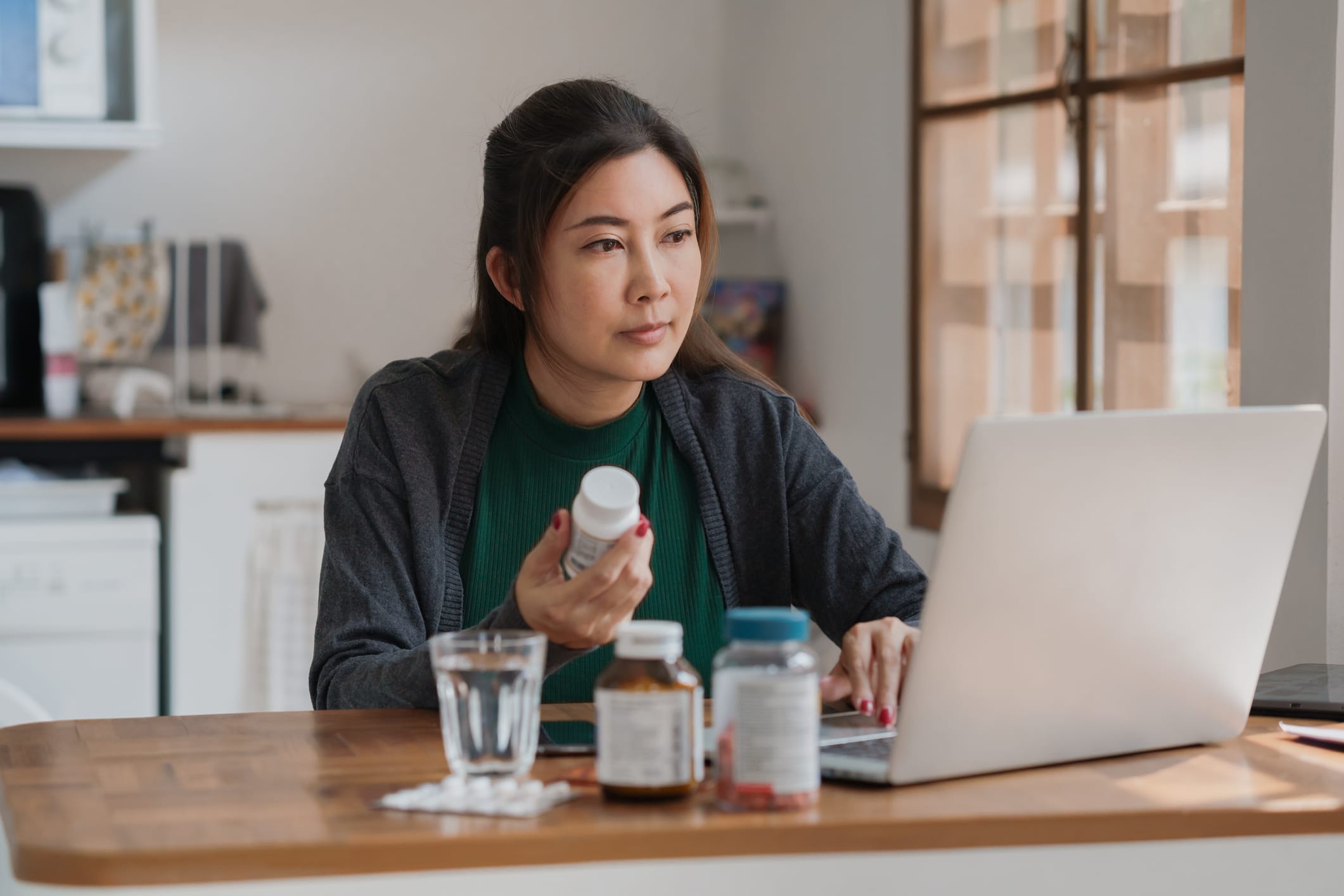Certain types of antibiotics can trigger mast cell activity in people living with systemic mastocytosis (SM) by releasing high levels of histamines. However, infections can also trigger SM allergic reactions (as well as other symptoms), so it is important to find a safe alternative medication.
Though your regular health care team or primary medical provider will prescribe an antibiotic that is safe for you, if you need to see a different doctor, make sure you talk with them about your SM so they prescribe the right kind of antibiotic.
What antibiotics trigger an allergic reaction in SM?
Hypersensitivity to medication doesn’t affect all people living with SM — some can take antibiotics and experience no side effects at all. However, if you have previously experienced a reaction or you’ve only been recently diagnosed, you may need to avoid all medication flagged as higher risk in SM.
The following antibiotics are more likely to trigger an allergic reaction in SM, and should be used with caution:
- Fluoroquinolones (such as ciprofloxacin, levofloxacin, moxifloxacin and norfloxacin)
- Vancomycin
- Polymyxin B
- Amphotericin
In particular, fluoroquinolones can cause immediate hypersensitivity reactions and may quickly lead to anaphylaxis.
Antibiotics reported to have a lower risk for people with SM include:
- Azithromycin
- Doxycycline
- Amoxicillin
Of course, your healthcare team will prescribe you the most suitable option based on your SM history. Pre-medication with antihistamines may also be advised, to reduce the risk of triggering mast cell activity.
Read more about SM FAQs
Can people with SM just avoid antibiotics?
Taking antibiotics when you have a bacterial infection is important — and that’s especially true when you have SM. An infection creates inflammation in your system and can lead to a range of possible symptoms, such as a low-grade fever, feeling exhausted or weak, localized redness or swelling, sore throat and coughing. If you have SM, your body may react to these symptoms with SM-specific effects such as skin rashes, redness or flushing, abdominal pain, nausea, vomiting or diarrhea.
If you have an infection, early medical intervention — with the right antibiotic — is key to ensure you feel better quickly, rather than worse.
Tips for managing an infection with SM
If you have a bacterial infection, a few straightforward steps can help you recover sooner and prevent an SM symptom episode:
- Seek medical help as soon as you suspect you have an infection.
- Take any prescribed medication as advised.
- Monitor symptoms closely and try to differentiate between infection and SM-specific symptoms.
- Drink plenty of fluids.
- Rest and let your body recover.
Sign up here to get the latest news, perspectives, and information about SM sent directly to your inbox. Registration is free and only takes a minute.

